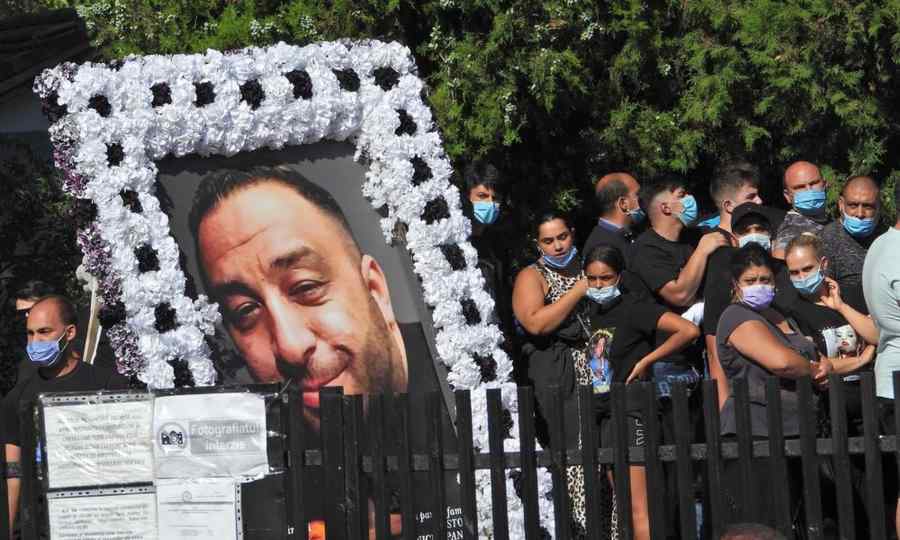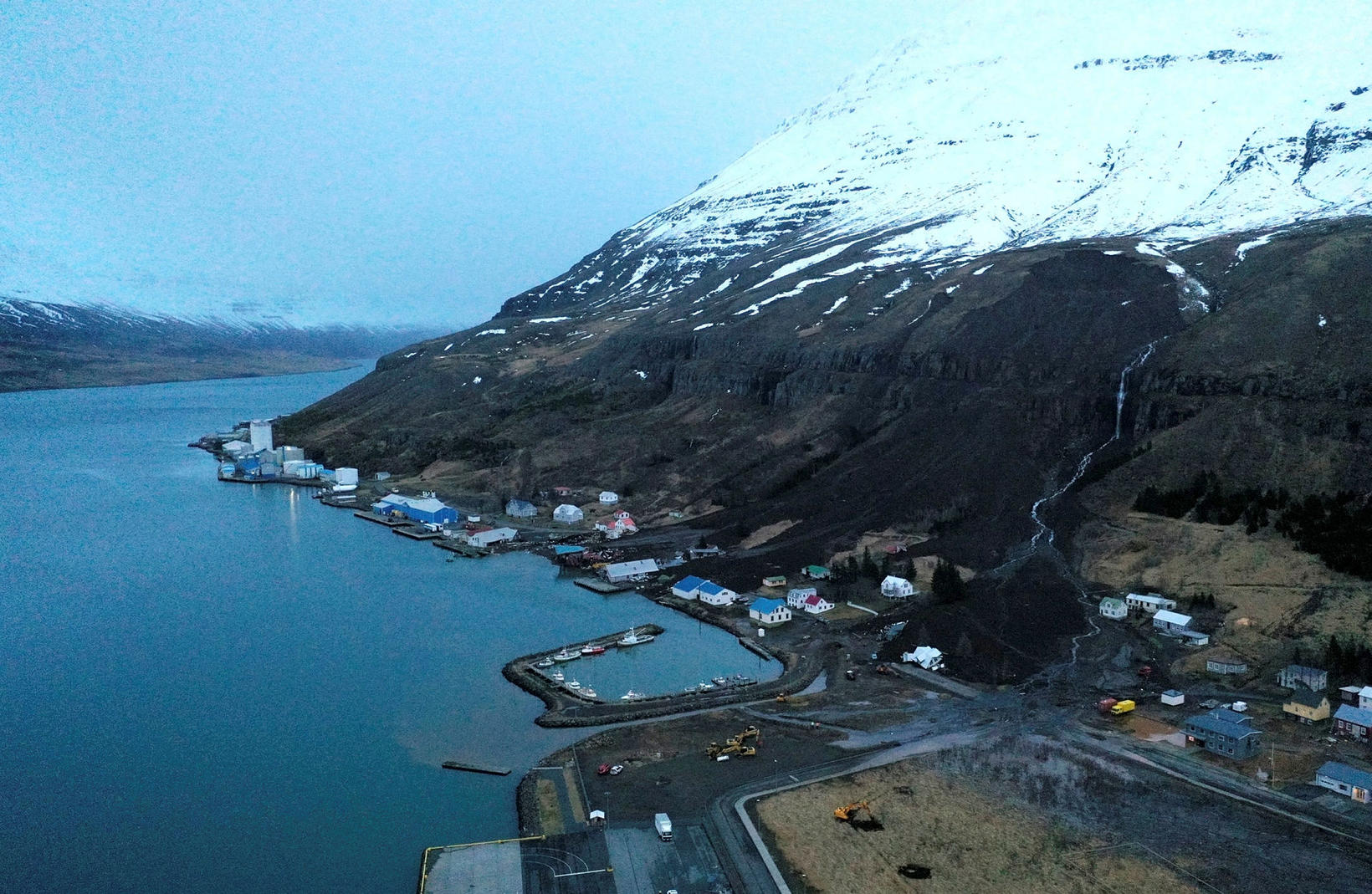Pacis defensor

The title of this note takes over a formulation derived from historiography dedicated to the great personalities who had the ambition to enter history as characters during the life of the state led by them reign the tranquility and plenty..
Ara Pacis Augustae The monument in the end of Rome dedicated to the glorification of the time of Augustus, by himself proclaimed as a period when between the borders of the empire « managed » by it would have reigned peace and well -being. Ara Pacis is the visual, iconographic landmark, of a « regime » propaganda in which the idea of state and belonging to a culture and a religion is identified in the notion of princepsleader who takes care of the quietness and prosperity of the human community. Clarification of the philosophical and historiographic meaning of the expression Pacis defensor It came much later with the publication in 1324 by Marsilio da Padua (1275-1342) of the work of the same name. Foreign work, as well as the other works of Marsilio, of any rhetorical or encomiastic spirit. Personally, I am convinced that the modesty and sobriety with which Pope Francis addressed the issue of religion’s relations with life and with Humana Universitasthey fully correspond to the idea that Dante Alighieri had made about the definitive entity in modern terms of the phrase « human society »: « Amplius, Humana Universitas est quoddam all ad quasdam, et est quedam pars ad quoddam all. Est enim quoddam allum ad regna peculiar to et ad genes, ut superior ostendunt; et est quedam pars ad all universum. Et hoc est is manifestum« (By the monarchy (I, VII, 1). Pope Francesco considered from the beginning a send of the Lord in the Eternal Fortress, to Rome-Caput Mundi, called by the electric cards from the conclave in Rome, on the other side of the planet, from a far « end of the world », for a mission, acquired in their intercession. He was the son of Italian emigrants and maybe this explains not only his ecclesiastical career, traveled on all steps, until the dignity of Archbishop of Brenos Aires and then of Cardinal Dignity that was granted by the Polish John Paul II, a « Pope who came from the cold », from another hemisphere, that of the hemisphere, that of the hemisphere, that of the hemisphere, that of the hemisphere, that of his hemisphere, The balance of the conflict between two ways of organizing the world in favor of the one in which the dignity of man was correlated to respecting his dignity and freedom. With the « climb » on the papal throne of Jorge Mario Bergoglio, I think it has been grounded to renounce the plurisecular custom of the election at the head of the Catholic Church of a high prelate from the Italian cardinal. Rome remains, of course, Mundi Caput. The name arranged in the circuit with the poem Pharsalos («Ipsa, caput mundi, / bellorum maxima Merces, / Roma Capilis (…)» of Marcus Annaeus Lucanus (39-65 EN) was consolidated during the centuries and in the pre-empty position held by the Roman metropolis in the spread of Christian believed on the figure of Peter.
The papal figure is the basic symbol of the position of Christianity in the World Plaus. Jorge Mario Bergoglio, born in 1936 in a family of Piedmontese emigra, grew in Buenos Aires under the spiritual guidance of the parent Pedro reverses y gondra (1907 – Rome, 5 Febraio 1991) of Basque origin, general superior of Jesus’ company between 1965 – 1983, years in which in Argentina installed, following the power of power in 1976, a regime that destroyed any opposition and terrorized the population making numerous victims and liquidating Dissensul. Already, in 1975, Arrup had elaborated a document dedicated to the meaning of the company’s activity, entitled Our mission: The service of the believe in and promoting justice in which he proclaimed: “Our faith in Jesus Christ and our mission to proclaim the gospel demand from us an employment in promoting justice and solidarity with dogs is not listened to and has no power« (Cf. Gianni La Bella, Pedro reverses. A uomo per gli altri , He molded it, Bologna 2007). To these imperative demands were fully shared by the Jesuit Bergoglio, then in the flower of age and already at the head of a provincial structure of the order. Arrup resigned in 1980 from the position of general superior of the Jesuits, the case being unique in their history. At his death, in February 1991, his last words were: “For the present, Amin; For the future, Alleluia« » The experience of Arruns and his progressive openings were not to the liking of Pope Wojtyla. Probably from the world beyond-if there-he looked with distrust or reserve, as his successor how Pope France has addressed a delicate human human problems, in many conservative environments of the Catholic Church. Related to the way he leaned over the state of the lower layers of the population, « Gli Ultimate » in the same way and with the same human sensitivity with which he bends and « Il Poverello« ( » Poor » – Nn) from Assisi. On the other hand, it could not be otherwise in contact with the » weak « blankets of the population. It was leading its weak experience in the preaching of the Gospel among the natives of Latin America. A few years ago, a book was published by the history Gianpaolo Romanatoprofessor of contemporary history at the universities in Padua and Trieste, Le Ridzioni Gesuite del Paraguay. Missione, Politics, Conflitţi (Morcelliana ed., Brescia 2021). The modalities of organizing by the Jesuits are repaid in it of the settlements of the guarans of a wide area, between 1610 and 1767, the year of their suppression by the Spanish and Portuguese authorities, part of the territories belonging today to the states Paraguay, Argentina, Bolivia and Brazil. This salvation of Christian indigenous settlements and their relevant territory were defined as « the Jesuit State of the Guarans ». It was a utopian model of a new Christian society, based on the principle of evangelization in order to integrate and maintain the specific groups under the conditions of adaptation to life in the community. The history of the Jesuits from Latin America and their relations with the native population has left its mark on the religious ideology of the order and has also influenced its history with the various military dictatorships in Latin America. He also influenced the training and ascension of Jorge Mario Bergoglio in the hierarchies of the order.
In the Curia in Rome, Pope Bergoglio who chose a pontifical name that expresses a life program, had to face the resistors of an ecclesiastical device related to deeply rooted traditions. He put in the center of his attention from the beginning the people about to lose their hopes or who had already lost them, the poor, the prisoners, etc. In July 2013, a few months after the Pope (May 13, 2013) was elected, after the resignation of Benedict XVI-Pope Ratzinger (March 13, 2013), visited the island of Lampedus, the place to which fugitives, migrated and persecuted bears their sufferings as in a port of hope. Yes at Lampedusa, he launched a message of awakening of consciousness and defined the tragic « globalization of indifference ». At the end of life, another act of deep significance, was that of promoting the Jubilee of Hope dedicating on this occasion a special holy gateway to the detainees of the Rebibbia prison, in which a few days ago, after leaving the hospital, he visited it, apologizing to the detainees, that he could not wash them. In 2016, proclaimed by him as an extraordinary holy year of mercy, he opened for the first time in the history of the holy years, a holy gate in Africa, in Bangui in the Central African Republic. He wanted to emphasize that, in the Christian world, God does not make a difference between the center and the periphery.
During his pontificate, he faced extremely gravity issues such as the « World War of Pieces », in which the armed confrontation between Russia and Ukraine was and is potentially able to throw, through its geostrategic implications, the world an air. He urged understanding and listening to his neighbor, he wanted to visit Russia and Ukraine, he was grieved that his prayers for peace were not listened to. In the last months of life, he was calling daily to the Catholic priest in Gaza to address words of encouragement and urged them to comfort them in suffering and to have mercy on the dead and injured. His steps in favor of peace were hit by gum walls. State reasons and personal ambitions were expressed by the explosion of ballistic, non -balistic missiles, obusuctions and drone bombings.
We cannot review here, not even brief, all the facts of this man who will certainly be worn at the glory of the altars. During his pontificate, many of his positions were challenged, especially those regarding the family, the positioning of the Catholic religion compared to LGBT, etc. We will have the opportunity to express ourselves on these situations. As for me, I carefully filed the materials and comments (of different political colors and religious guidelines) on its activity within the pontificate. Undoubtedly, he had his own vision regarding the correlation of social phenomena and on human activities in the planetary context. The four encyclicals issued in the 12 years of his pontificate were named yesterday by an analyst, such as « a powerful mixture of faith, ecology and fraternity. »
Personally I prefer the second encyclical, Laudato and, May 24, 2015. It is inspired by Cantico delle Creature of San Francesco and is a reflection on our planet. In the text, Pope Francesco uses the notion of « whole ecology » by connecting the care to create with social justice, peace, the fight against poverty. Consumerism without limits is criticized and condemned to waste natural resources, stating that access to water « is an essential human right, fundamental and universal » (cf. Andrea Soglio, Le 4 Encyliche Di Pope Francesco, https://libreriamo.it/socyta/encicliche-di-papa-fracesco-fede-fraternita/).
About the same words, to express a former candidate for the Presidency of Romania who for this « heresy » and other « integral ecology heresies » was deprived of the right to access an essential position for the « good of the good », even by people specially placed in those chairs from which social justice is administered.







